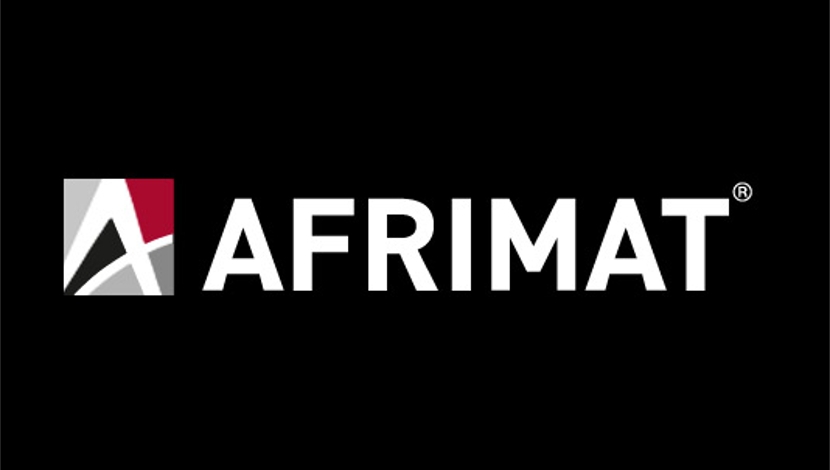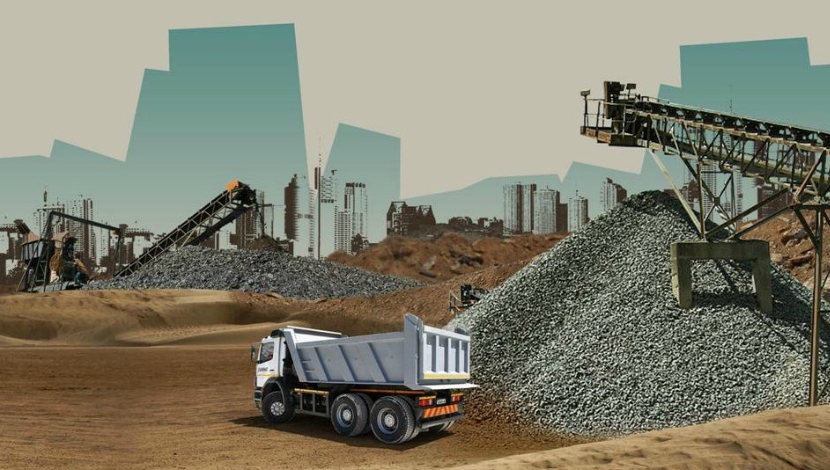

The Competition Commission has referred a supplier of the main ingredient in RDP bricks to the Competition Tribunal for abusing its dominance by charging excessive prices.
Clinker ash aggregate is used as a main ingredient to produce clinker bricks, generally used for state-funded low cost housing which provides shelter for the poor. It is waste ash (or coal ash) generated by coal-fired power stations.
Afrimat Limited (Afrimat), through its wholly owned subsidiary Clinker Supplies (Pty) Ltd (Clinker), has exclusive rights from Eskom to source waste ash from dumps at disused coal-fired power stations in Gauteng (Klip and Vaal) and the Free State (Vuurfontein).
Afrimat also has royalty and indefinite land rental agreements with Eskom until the ash dumps are exhausted.
“The company is therefore the only supplier of clinker ash within a 100-km radius of each respective ash dump site. This means it is dominant in the relevant geographic markets for the production and supply of the clinker ash aggregate. Clinker brick manufacturers in these areas, who use the clinker ash aggregate, are dependent on Afrimat,” said the Commission.
The Commissioner said an investigation was initiated by the Competition Commissioner in March 2015 against Afrimat and its two subsidiaries, Clinker and SA Block and Concrete (Pty) Ltd.
Afrimat acquired Clinker in 2002 and following the acquisition, Afrimat escalated the pricing of clinker ash aggregate significantly. The investigation found that the prices exceeded its economic value dramatically.
In South Africa, Eskom disposes of the ash in ash dumps near its power stations.
“The Commission has found that Afrimat abused its dominant position from 2012 until at least 2016 (the conduct may be ongoing) by charging clinker bricks manufacturers excessive prices to the detriment of consumers. In addition, the Commission found that the prices bear no relation to the economic value of the product.”
In addition, the Commission is seeking an order from the Tribunal declaring that Afrimat has contravened the Competition Act and that it must pay the maximum fine allowable by law which amounts to 10% of its annual turnover in South Africa as well as its exports from the country.





